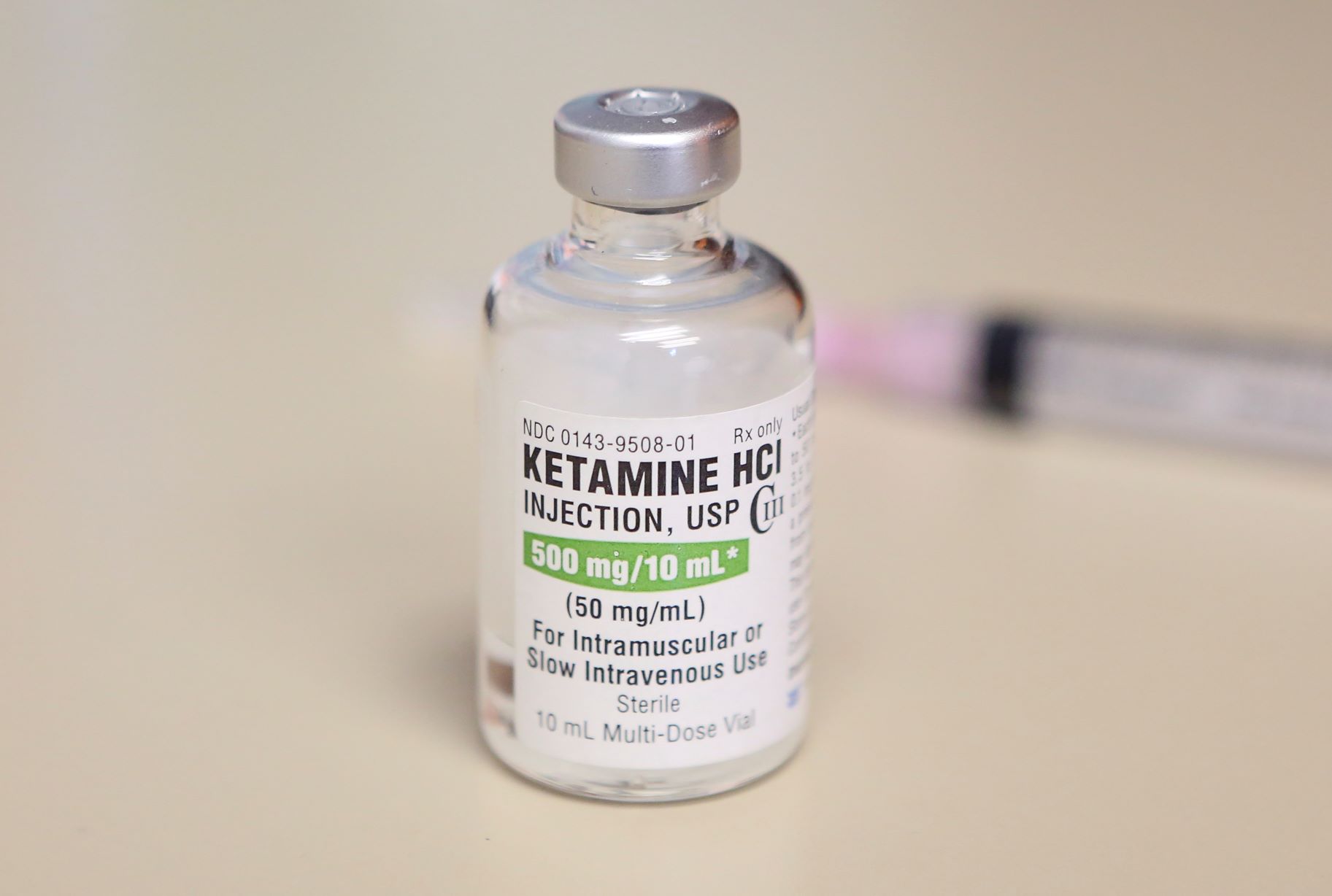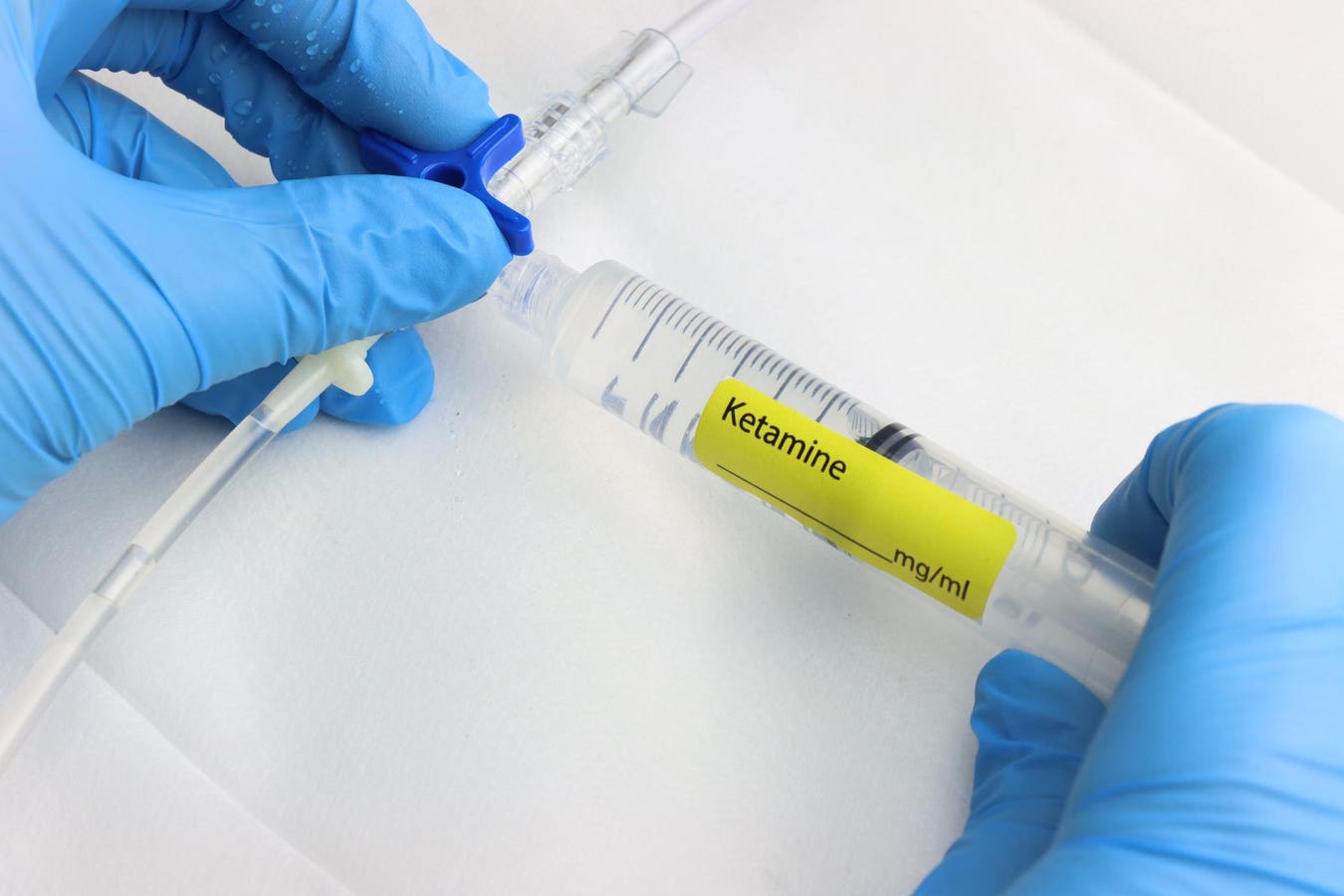The use of ketamine, originally a party drug and anesthetic, is showing promise in clinical trials as a treatment for depression.
However, recent research suggests that many clinics in the U.S. may be misleading consumers by offering off-label and unapproved ketamine treatments for various mental health and pain conditions.
“These are expensive treatments for which patients generally must pay out of pocket and the evidence base is often not robust for many of the advertised uses,” explained Michael DiStefano, assistant professor at Colorado University’s Skaggs School of Pharmacy and co-lead author of the study.
“It is important that people considering these treatments are provided with an accurate and balanced statement of the possible risks and benefits.”
Published in the journal JAMA Network Open on November 7, the study highlighted that intravenous ketamine is not FDA-approved for treating any mental health condition, although it is sometimes used off-label in clinical settings.
Ketamine in pill form lacks FDA approval for any use but is frequently marketed to induce a hallucinogenic experience at home.

The research team, using six national databases on ketamine, tracked how the drug is marketed and sold. They identified online advertisers selling ketamine directly to consumers who also operated clinics in Maryland.
The study revealed that 17 advertisers across 26 locations in Maryland promoted ketamine infusions or assisted therapy for conditions such as depression, PTSD, anxiety, and chronic pain.
The advertisements often provided misleading information regarding treatment effectiveness and safety.
While the research focused on Maryland, DiStefano noted that their review of national directories indicated approximately 800 similar clinics across the U.S. Additionally, there are companies that distribute oral ketamine via mail to customers.
“Psychedelic or hallucinogenic substances are increasingly being considered as mental health treatments. For example, Colorado is at the vanguard of developing policies to govern the use of psilocybin in depression,” DiStefano commented in a university news release.
“It is important to be transparent and accurate when explaining the potential risks and benefits of these treatments. While these treatments can provide hope and will be effective for some patients, there are real risks associated with ketamine use, especially over the long-term.”
